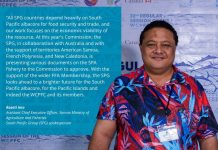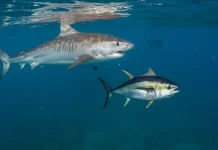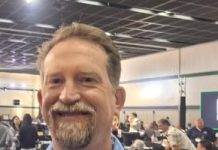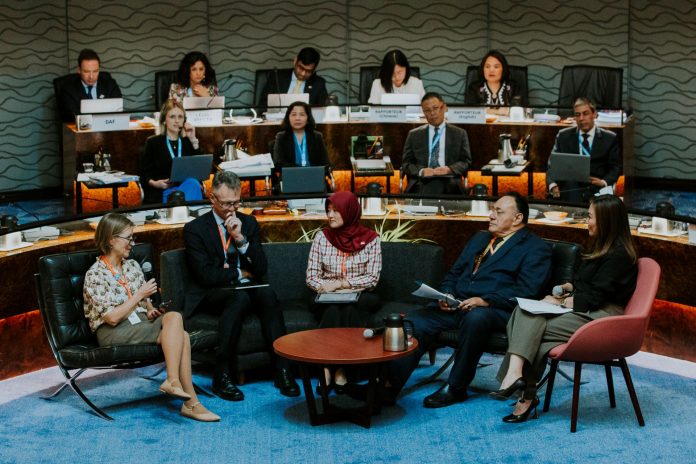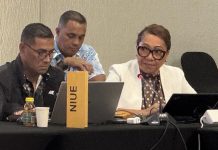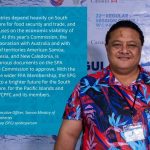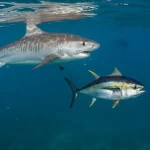In a historic show of support, 10 more countries in the Western Pacific region pledged to provide an additional US$ 12.1 million to the World Health Organisation (WHO) through its first-ever Investment Round.
This comes in addition to US$18 million announced by Singapore in May. The WHO Investment Round aims to secure predictable, flexible, and resilient resources for WHO’s core work over the next four years.
The financial commitments were made during a Special Event on the Investment Round at the Regional Committee on Tuesday.
Governments and partners from across Asia and the Pacific in attendance emphasized the importance of ensuring WHO has robust financing to implement its global strategy for the 2025-2028 period, the 14th General Programme of Work, which was approved by Member States at the World Health Assembly in May 2024.
The Government of the Philippines co-hosted the Special Event and made a historic pledge of US$10 million to the WHO Investment Round.
During his remarks, Secretary of Health Dr Teodoro J. Herbosa of the Philippines said “A robust, reliable, and sustainably funded WHO is crucial for the Western Pacific region and the world to address inequities and inequalities in health which were amplified by the COVID-19 pandemic. Today, we have taken a significant first step towards a future where health and well-being are accessible to everyone.”
Malaysia also demonstrated its support of WHO’s work through a US$ 2 million pledge towards the Investment Round.
In a powerful symbol of Pacific leaders’ commitment to health and WHO’s pivotal role in supporting them, eight Pacific Island countries pledged to double their funding contributions to WHO for 2025.
First-ever voluntary contributions to WHO were announced by Cook Islands, Palau, Papua New Guinea, Samoa, Solomon Islands, Tonga, Tuvalu and Vanuatu.
Speaking to the Regional Committee through a live video connection on Tuesday, WHO Director-General Dr Tedros Adhanom Ghebreyesus noted that to support the implementation of the Organisation’s new global strategy, “we have launched the first WHO Investment Round, which aims to mobilise the sustainable and predictable resources we need to do our work. Thank you all for your commitment to promoting, providing and protecting health, for all people of the Western Pacific.”
During the Investment Round Special Event, WHO Regional Director for the Western Pacific, Dr Saia Ma’u Piukala, thanked Member States and partners for their pledges, which will enable the Organisation to support countries more effectively.
“The commitments made today are truly historic,” Dr Piukala said. “They include a doubling of financial contributions from several of our small island developing states, and significant sums from the Philippines and Malaysia.
“It’s a sign of governments’ confidence in WHO as their partner in health, and a recognition of the need for sustainable financing in order to deliver on the vision of weaving health for families, communities and societies in the Western Pacific,” he said.
Partners joined Members States in statements of support for WHO. Organisations including the Asian Development Bank, the Institute of Philanthropy and Temasek Trust committed to working closely with WHO during the next four years. Earlier this month, the Institute of Philanthropy made a US$10 million pledge to the Investment Round during the World Health Summit in Berlin, following a US$1.2 million pledge in May at the World Health Assembly. The Temasek Foundation also pledged US$10 million on the sidelines of the United Nations General Assembly in September.
“We are off to a great start for the Investment Round in the Western Pacific based on today’s event,” said Dr Piukala. “We also heard that we should expect to see more countries and partners stepping up to provide additional resources in the coming weeks.”
With a fully and sustainably funded operating budget for 2025–2028, WHO will be better able to tackle emergencies and outbreaks that jeopardise health security and threaten lives, reduce the burden of both infectious diseases and noncommunicable diseases, and continue working to improve the health and well-being of everyone, especially the most vulnerable.
Launched at the World Health Assembly in May 2024, the Investment Round aims to mobilize contributions that are flexible and thereby aligned with WHO’s strategy as approved by its Member States, predictably provided at the start of the four-year programme cycle to enable strategic decision-making, and resilient in that they will derive from a larger, more diverse set of donors.
WHO’s Investment Round will culminate at the G20 leaders’ summit chaired by Brazilian President Lula da Silva next month.


